Wisconsin school libraries navigate rise in book challenges
Organized campaigns to ban large numbers of books in Wisconsin's school libraries have grown considerably, and the actions of the Elkhorn district reflect how educators are responding to challenges.
By Nathan Denzin | Here & Now
April 11, 2024
“We are absolutely seeing more book challenges, currently than we did even five years ago,” said Monica Treptow.
“It’s this culture war of, you know, control, right?” Dr. Jill Underly said.
“There was 280-some books in the high school that were being challenged,” said Dan Kiel.
“Even nonreaders were coming up to me, like, ‘What is going on?'” Rebecca Blom said.
Wisconsin has seen a huge rise in book challenges since about 2021.
“The inquiries are so strong that it actually has shifted the priorities of my position, and made that one of the focus areas in support of our school librarians,” explained Treptow, who is the school library media consultant with the Wisconsin Department of Public Instruction. She travels around the state helping educators understand the current environment of book challenges.
“There’s been book challenges for decades, right? That’s not a new thing. But it is new in that the techniques are different,” she said.
Those techniques are often spread on social media.
“With social media, there’s a lot of misinformation that is spread. Misinformation is designed to stoke outrage,” said Underly, who is State Superintendent of Public Instruction. She said apps like Facebook and X have contributed to the increasing number of challenges.
According to the American Library Association, the number of titles challenged hit a record high in 2023. In Wisconsin, there were 27 challenges aimed at hundreds of books.
Treptow said a typical challenge used to be over a single book that a concerned parent brought to a librarian or educator. In contrast, recent challenges include long lists of books that have been sent straight to district administrators or school boards.
“For the middle school, it was over 600 pages long. And for the high school, I believe it was over 1400 pages long,” noted Jason Tadlock.
“You looked at it — at first, I thought, oh my God,” Kiel exclaimed.
“We knew immediately there was no way to actually read all of the books,” said Ryan McBurney.
All three work in the Elkhorn Area School District — Tadlock as superintendent, Kiel as the high school principal and McBurney as the middle School principal. In late 2023, Elkhorn fielded a challenge to a whopping 444 books.
Two stacks of books reaching up from the floor by about 4 feet represent about one-sixth of all the books challenged in Elkhorn. District administrators said it took months to sift through all the materials.
Titles like “The Grapes of Wrath,” by John Steinbeck and “The Girl with the Dragon Tattoo” by Stieg Larsson were among the challenged material. As were books containing LGBTQ or race-related topics.
“It wasn’t just sex, it was drugs. It was abuse. It was any number of different topics,” Kiel said.
“The policy also required at that time requires for those books to be pulled out of circulation until such a time a principal makes that judgment,” said Tadlock.
That policy caused about 160 books in the middle school and about 280 books in the high school to get temporarily pulled from shelves.
In order to get information about all 444 books, the parent had pulled book reviews off of booklooks.org. The site was previously affiliated with Moms For Liberty, which is considered a far-right anti-government organization by the Southern Poverty Law Center, a group that tracks extremism in America.
“This is a book that when read aloud it was hard to listen to,” said Scarlett Johnson in an Oct. 18, 2021 radio interview on 1130 WISN about an unnamed title.
“The sexual innuendo, the references — it was soft porn, it was terrible. It was required reading at ninth grade at Homestead [High School in Mequon],” she told guest host Brian Schimming, who went on to become chair of the Republican Party of Wisconsin
Johnson is one of the founders of the Moms For Liberty chapter in Wisconsin. She has used social media to speak out against numerous books all over the state since 2020.
Johnson did not respond to a request to be interviewed by PBS Wisconsin. However, in an interview for a report by WXOW-TV in La Crosse that aired March 7, she pushed back against what she calls indoctrination.
“We send kids to school to be educated, not indoctrinated. We don’t send them there for therapy,” Johnson said
In Madison, groups like the American Society for the Defense of Tradition, Family and Property can be found protesting content in schools and libraries.
“The literature that they’re promoting in the libraries — a lot of it is pornographic or obscene, said Jonathan Marine, a member of the group, which is an anti-LGBTQ organization that held a protest at the corner of University Avenue and Park Street in the heart of the UW-Madison campus on April 3.
“These things should not be allowed in libraries,” he said.
“Of course, parents should have a say in what their kids are reading. But when we look at the challenges, it’s really a subset of people are dictating what it is that you can read and what your kids can read,” said Underly.
In Elkhorn, school staff had to take on extra duties in order to check every book that was challenged.
“Principals, librarians, administrative assistants, directors — just kind of an all hands on deck to make sure that we’re getting with the sheer volume of it, getting all that information together as much as possible” McBurney said.
“But we tried to do our best to get a kind of a consensus on where is this book, where should this book be rated age wise,” said Kiel.
To determine an appropriate age range, they used a combination of professional review sites to learn more about the content of each book.
Ultimately, none of the books were banned, because staff did not find any of the books to be objectionable. A handful of books were moved from the middle to high school, and another handful had a grade or age restriction applied.
Despite the long hours, district staff said there was one positive. They learned more about each book in their school’s library.
“It’s not bad for me to get into the library, see what’s actually there — what are people concerned with?” Kiel said.
But they also said that the challenge was a distraction for some students.
“I think that it was disruptive. I think it created a lot of angst amongst students and our parents,” Tadlock said.
“It brought a lot of attention and a lot of questions, said Rebecca Blom, library media specialist for Elkhorn High School.
“Believe it or not, some of the circulation went up a little bit because they’re like, ‘Oh, well, which books are on that list?'” she noted.
“We had a lot of feedback from parents that how dare an individual determine or try to determine for me what’s appropriate for my kid or not,” recalled Tadlock.
“I would just say the more diverse selection we have in here, the more opportunity we have for these kids to really grow,” said Blom.
“Libraries are places that are supposed to be safe. They’re supposed to be inclusive for everybody,” Underly said.
“In its core principle, there’s nothing wrong with a book challenge. But when it goes to these extremes and you got people raising concerns in very either distant relationships to the school district or in mass amounts, then it turns into something that does threaten democracy,” said Treptow.
Underly and Treptow say now is the time for districts around the state to review their book challenge policy.
“It’s really important that our school districts look at their policies so that they can be prepared,” said Underly.
Tadlock also said the Elkhorn district is revising their challenge policy so one parent can’t challenge a mass number of books.
“It’ll require up to five community members,” he said. “Five individuals from different households would have to submit a challenge.”
The policy will require the challenger to have read the book in full before submitting.
The district also developed a form for parents that would give their student access to any restricted book. This policy has yet to be approved by the Elkhorn school board.
“Parents can say my kid can read the restricted books, and they’re open and accessible to all kids,” Kiel said.
“My argument for that is sometimes depending on what the book is, then maybe put that in the parents hands and let them have those conversations with their kids,” said Blom.
“So, ultimately, we want our libraries to be that inclusive space for all of our students to be able to find the resources that they need,” Treptow said.
“I still think what we’re doing is keeping books in the hands of students so that we can support their learning,” said McBurney.
 Passport
Passport




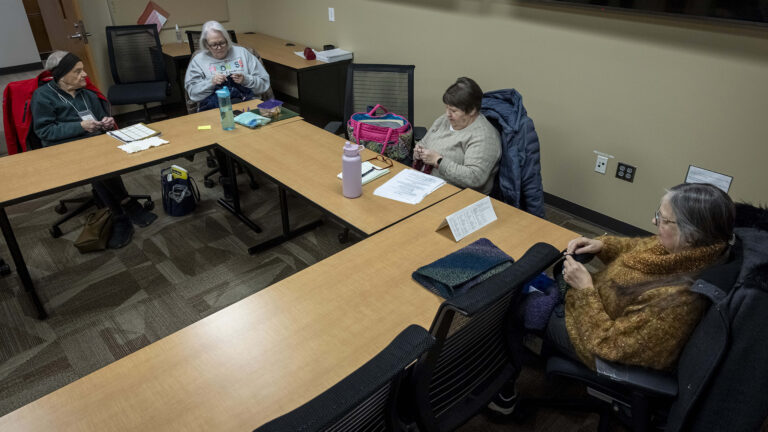
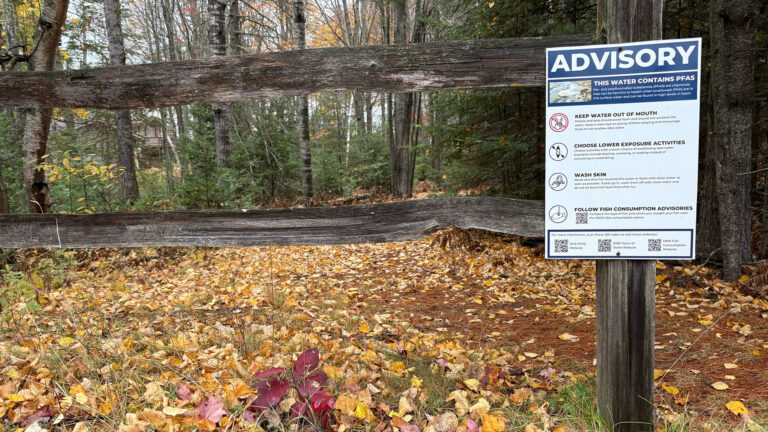
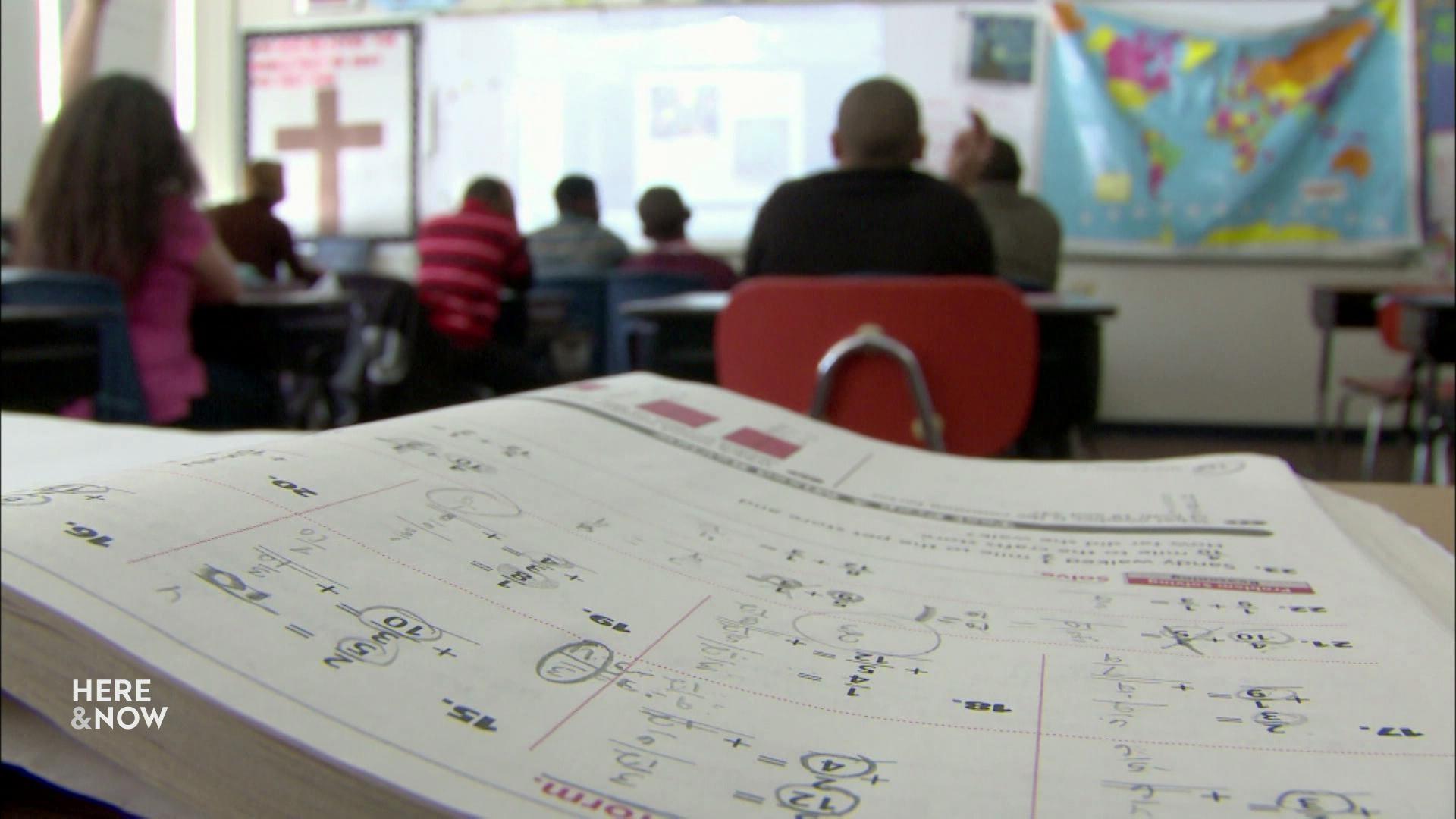
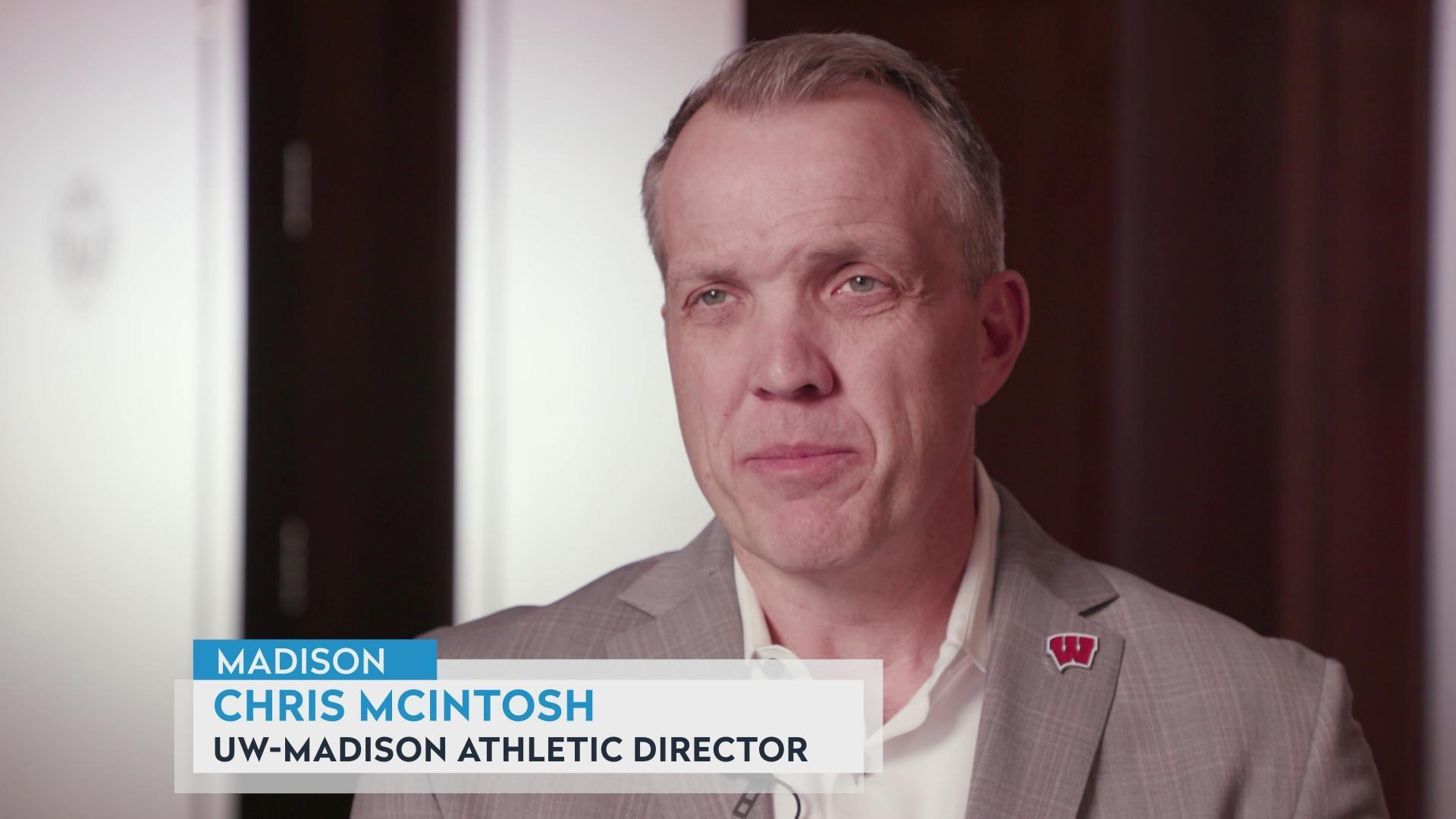

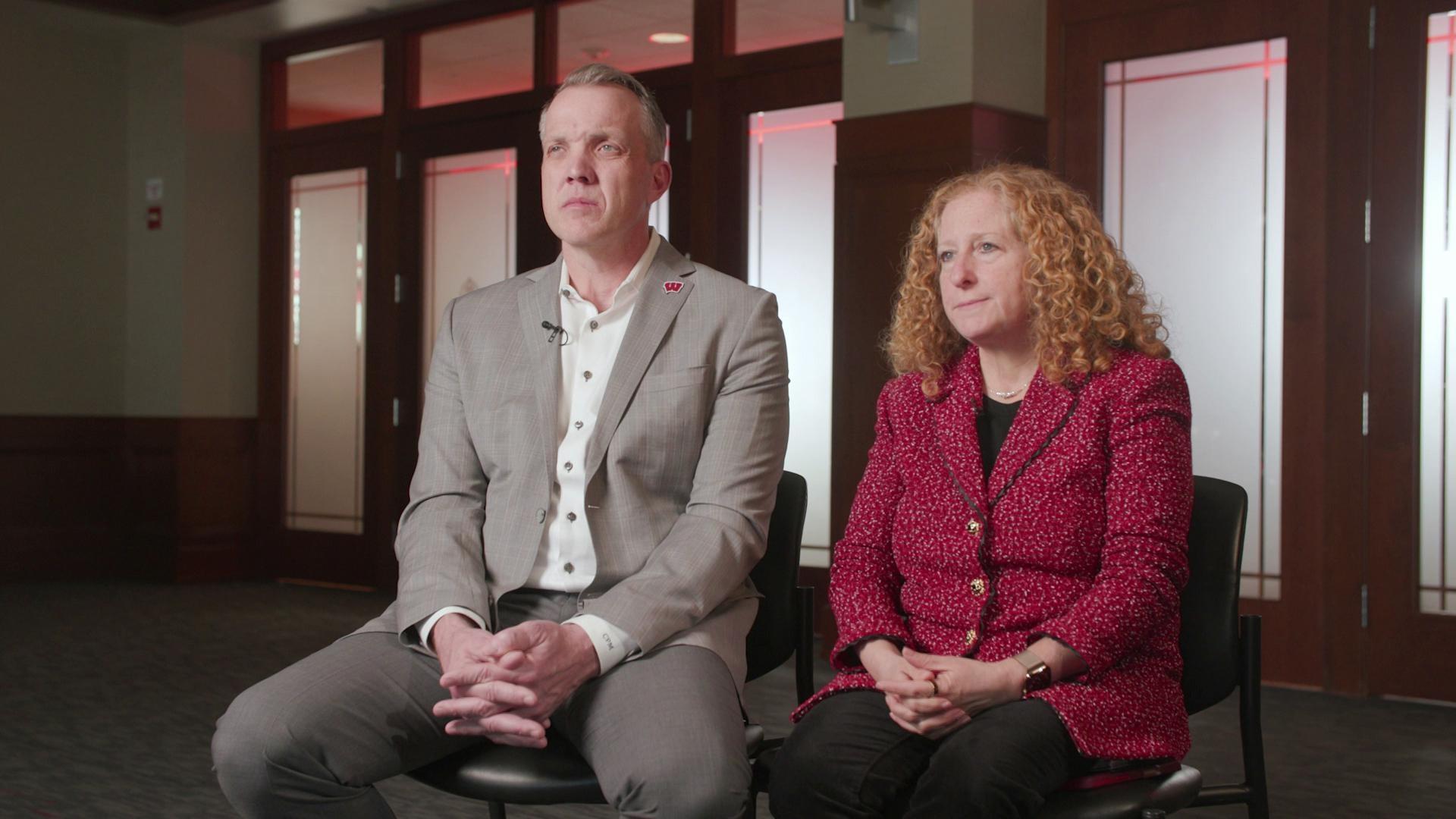

Follow Us